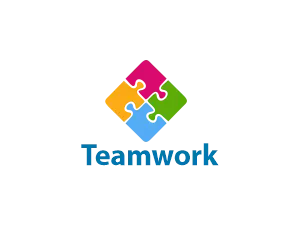
Teamwork & Teambuilding

Today, in most organizations, people work in teams or groups. That means managers must be skilled in both managing individuals and groups. In the modern workplace, only people with strong team skills will be able to make it. We emphasize on skills such as: communication, teamwork and a positive attitude, which are what all employers need and value.
Who should attend the course?
Whichever member of a corporate entity who should work in a team and communicate with internal and external stakeholders is a part of their daily job.
What are teamwork and team building?
- Teamwork:
Teamwork is a situation where people cooperate to meet common goals. In teamwork, people are able to exchange useful aspects that are necessary for the accomplishment of the goals and this improves productivity.
- Team building:
Team building is a series of activities and process that helps a work group evolve into a cohesive unit. The team members not only share expectations for accomplishing group tasks and activities, but trust and support one another and respect one another’s individual differences. Team building activities can increase team members’ cohesiveness, productivity and efficiency when working together.
Learning Objectives:
- Understand team and teamwork
- Recognizing the importance of teams and teamwork
- Learning why teams succeed and fail
- Learning how interpersonal skills affect you and your team’s success
- Resolving team conflicts
- Accepting and trusting team members
- Engaging participants in useful team building activities
The following is a list of the skills we will focus on during the workshops:
- How to build highly effective teams
- Team conflicts and other concerns
- Stages of team development
- Ways to improve your team’s performance
- Biggest barriers to teamwork
- Behavior and its impact on the team
- Some team building activities
MBTI is based on a theory that believes that people are born with certain preferences: These preferences take place on four levels. On the four levels, the preference choice is between Extroversion vs. Introversion for source of energy (E,I), Sensing vs. Intuition for information take-in (S,N), Thinking vs. Feeling for decision making (T,F) and Judging vs. Perceiving for social behavior (J,P).

